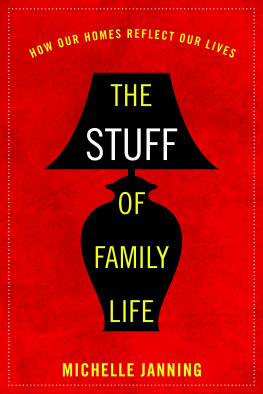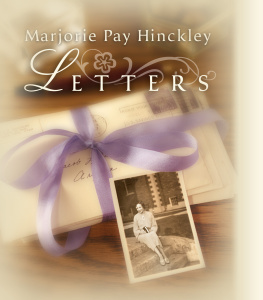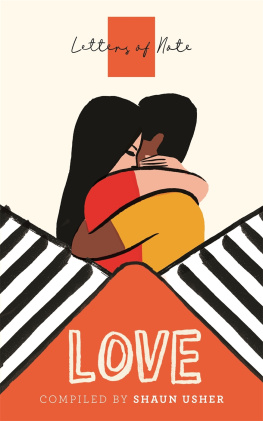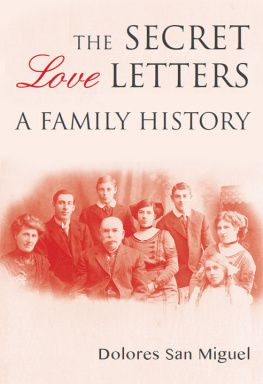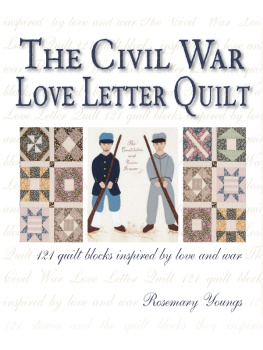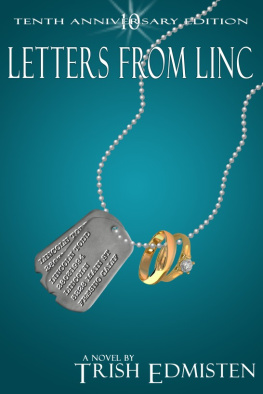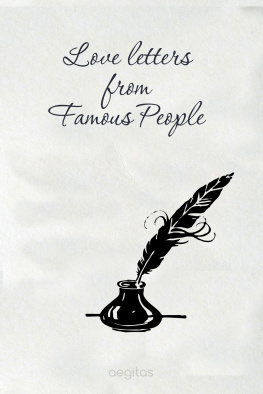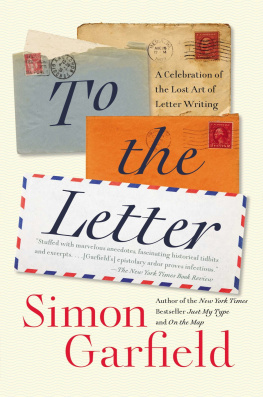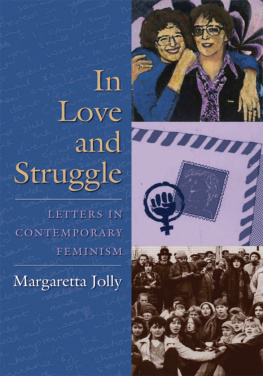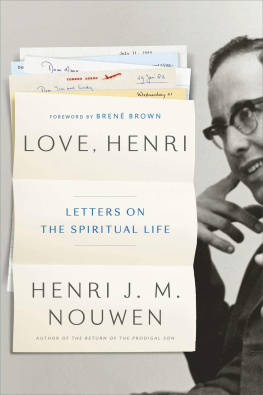Michelle Janning - Love Letters: Saving Romance in the Digital Age (Routledge Series for Creative Teaching and Learning in Anthropology)
Here you can read online Michelle Janning - Love Letters: Saving Romance in the Digital Age (Routledge Series for Creative Teaching and Learning in Anthropology) full text of the book (entire story) in english for free. Download pdf and epub, get meaning, cover and reviews about this ebook. year: 2018, publisher: Routledge, genre: Home and family. Description of the work, (preface) as well as reviews are available. Best literature library LitArk.com created for fans of good reading and offers a wide selection of genres:
Romance novel
Science fiction
Adventure
Detective
Science
History
Home and family
Prose
Art
Politics
Computer
Non-fiction
Religion
Business
Children
Humor
Choose a favorite category and find really read worthwhile books. Enjoy immersion in the world of imagination, feel the emotions of the characters or learn something new for yourself, make an fascinating discovery.

- Book:Love Letters: Saving Romance in the Digital Age (Routledge Series for Creative Teaching and Learning in Anthropology)
- Author:
- Publisher:Routledge
- Genre:
- Year:2018
- Rating:3 / 5
- Favourites:Add to favourites
- Your mark:
Love Letters: Saving Romance in the Digital Age (Routledge Series for Creative Teaching and Learning in Anthropology): summary, description and annotation
We offer to read an annotation, description, summary or preface (depends on what the author of the book "Love Letters: Saving Romance in the Digital Age (Routledge Series for Creative Teaching and Learning in Anthropology)" wrote himself). If you haven't found the necessary information about the book — write in the comments, we will try to find it.
In todays world of Tinder and texting, do we write and save love letters anymore? Are we more likely to save a screenshot of a text exchange or a box of paper letters from a lover? How might these different ways to store a love letter make us feel? Sociologist Michelle Jannings Love Letters: Saving Romance in the Digital Age offers a new twist on the study of love letters: what people do with them and whether digital or paper format matters. Through stories, a rich review of past research, and her own survey findings, Janning uncovers whether and how people from different groups (including gender and age) approach their love letter curatorial practices in an era when digitization of communication is nearly ubiquitous. She investigates the importance of space and time, showing how our connection to the material world and our attraction to nostalgia matter in actions as seemingly small and private as saving, storing, stumbling upon, or even burning a love letter. Janning provides a framework for understanding why someone may prefer digital or paper love letters, and what that preference says about a persons access and attachment to powerful cultural values such as individualization, taking time in a hectic world, longevity, privacy, and keeping cherished things in a safe place. Ultimately, Janning contends, the cultural values that tell us how romantic love should be defined are more powerful than the format our love letters take.
Michelle Janning: author's other books
Who wrote Love Letters: Saving Romance in the Digital Age (Routledge Series for Creative Teaching and Learning in Anthropology)? Find out the surname, the name of the author of the book and a list of all author's works by series.

